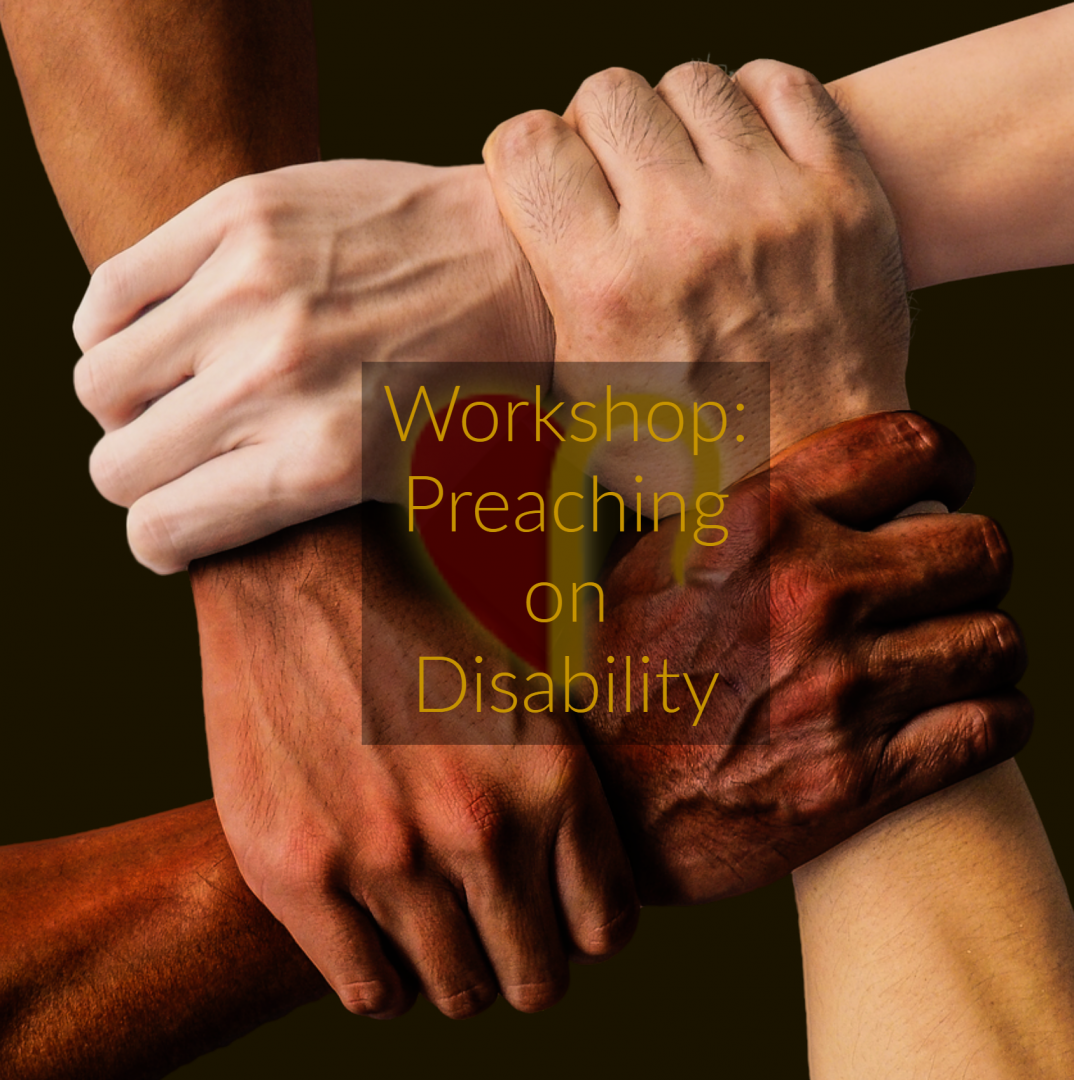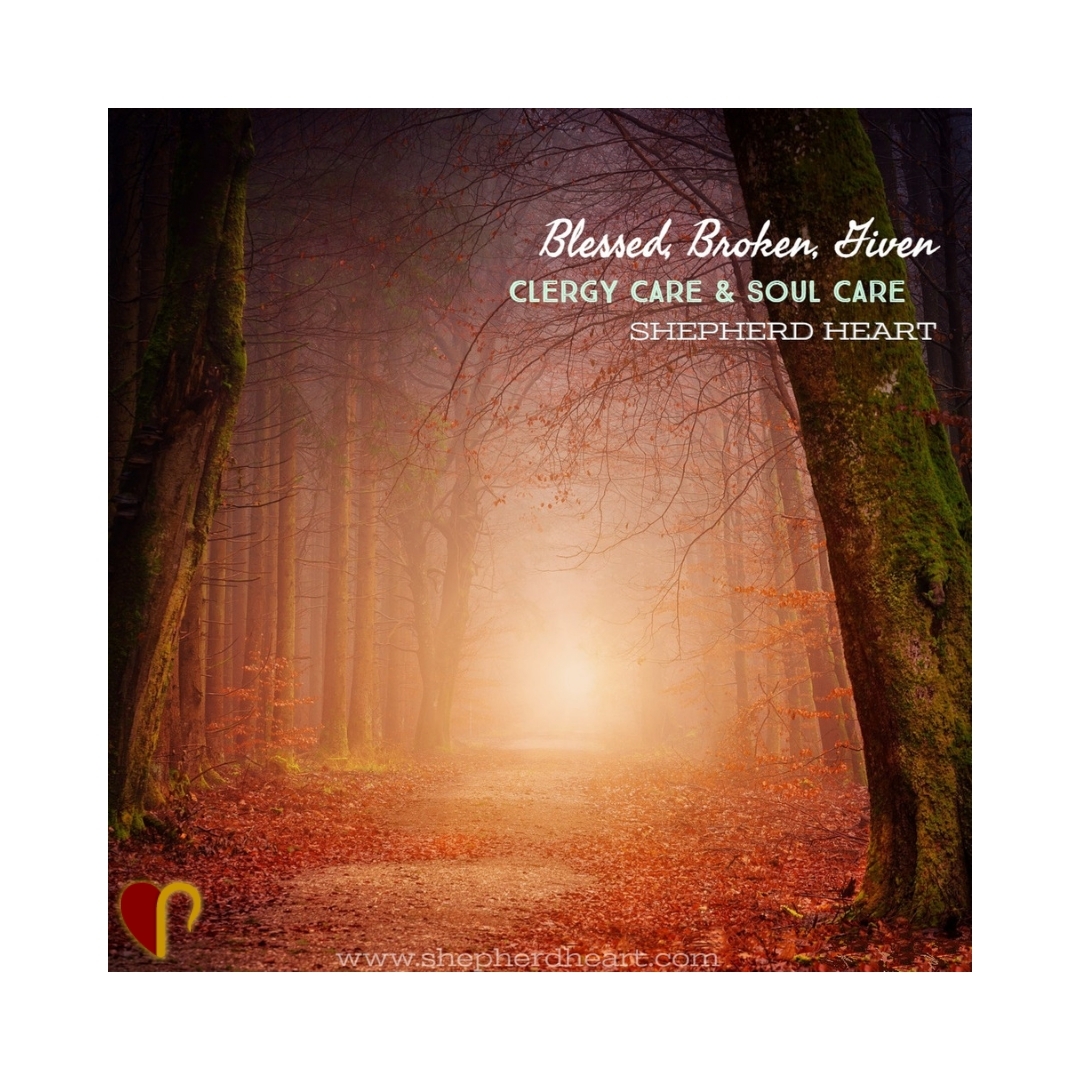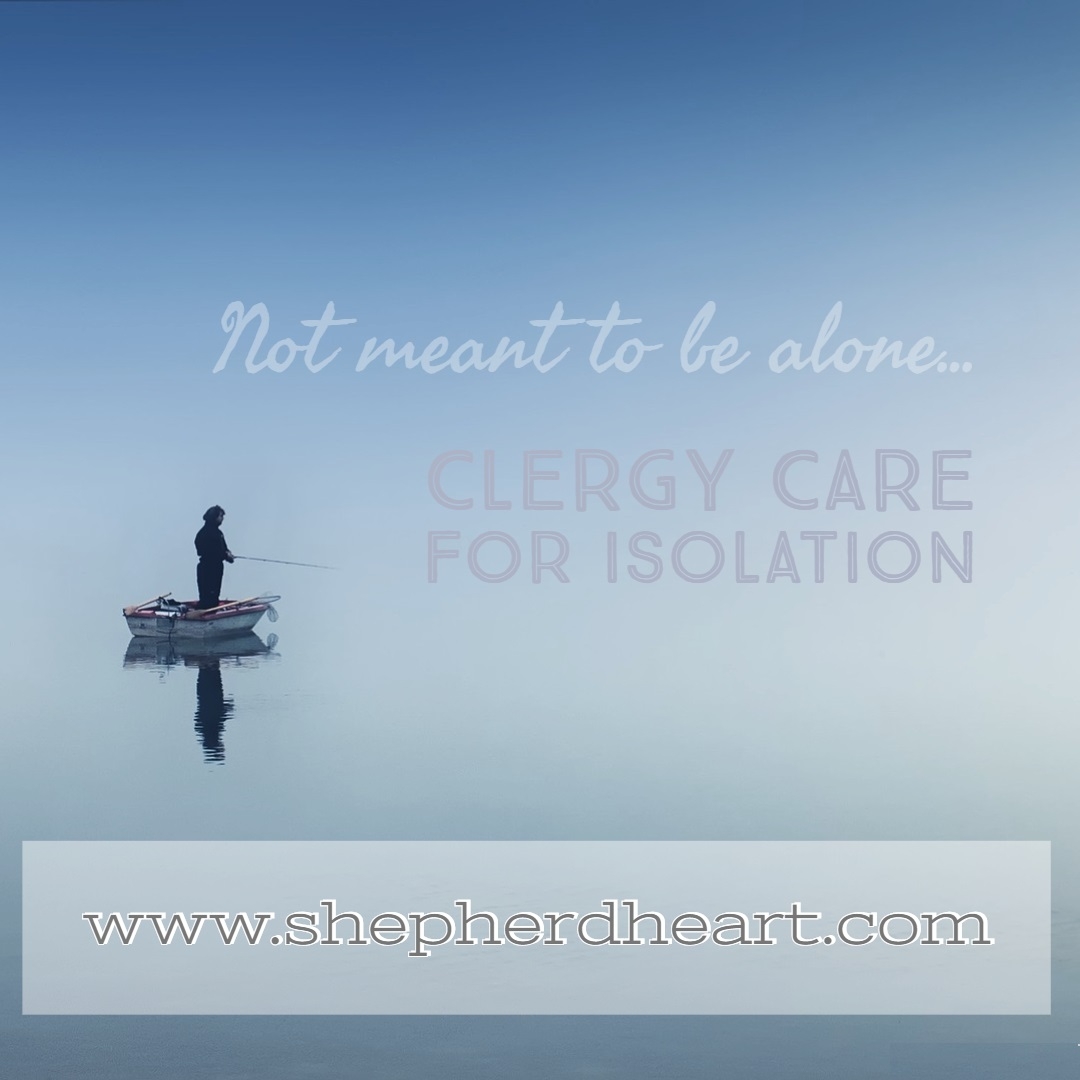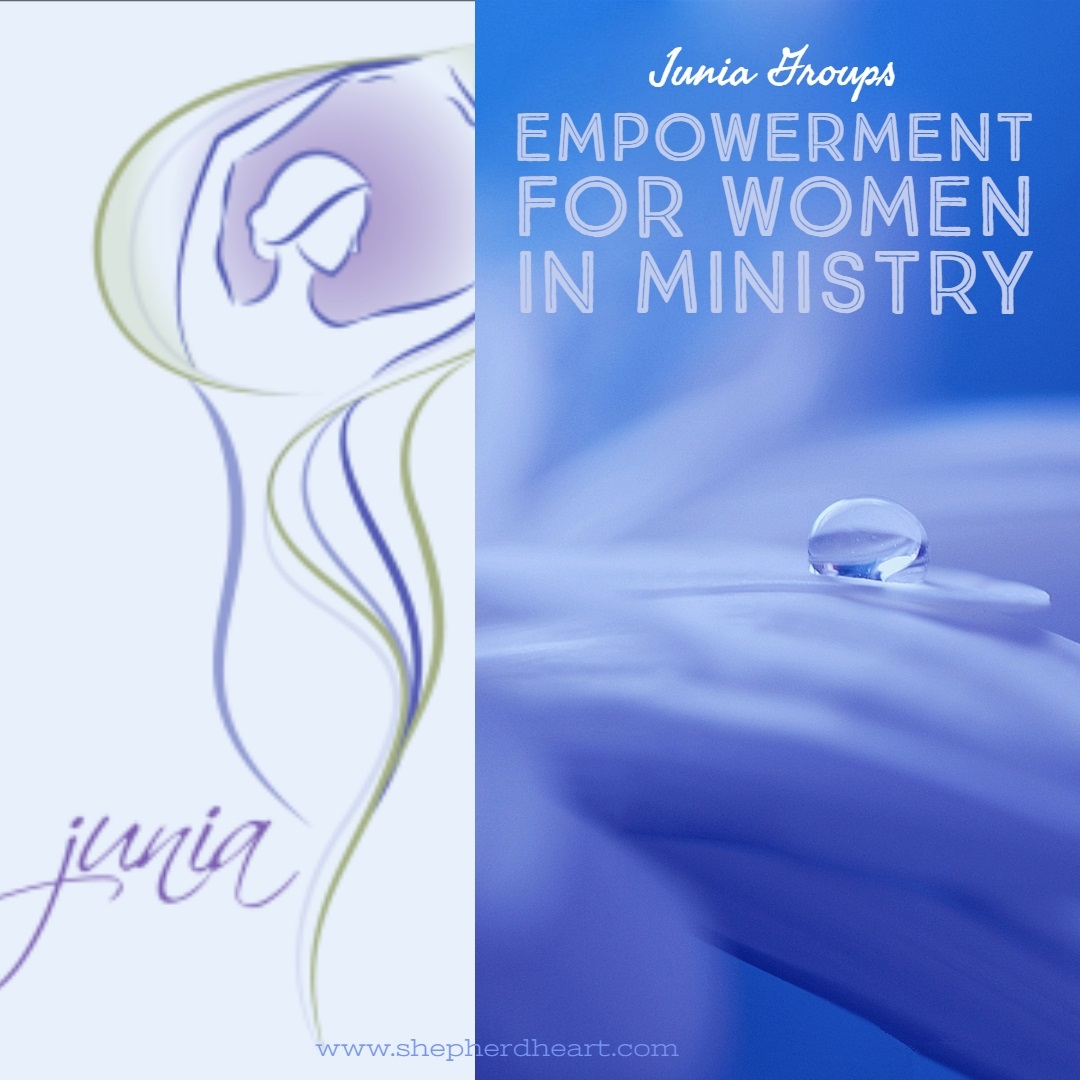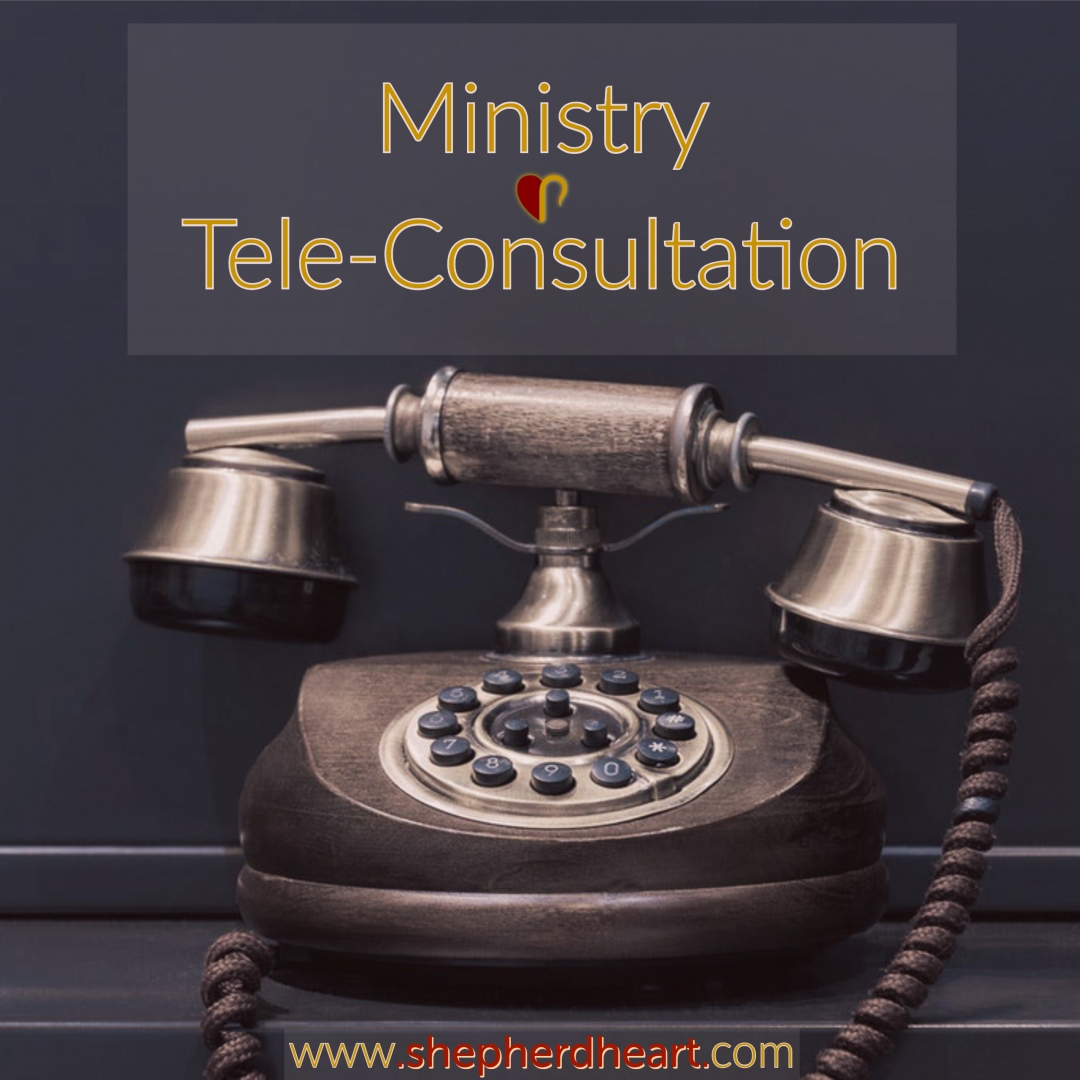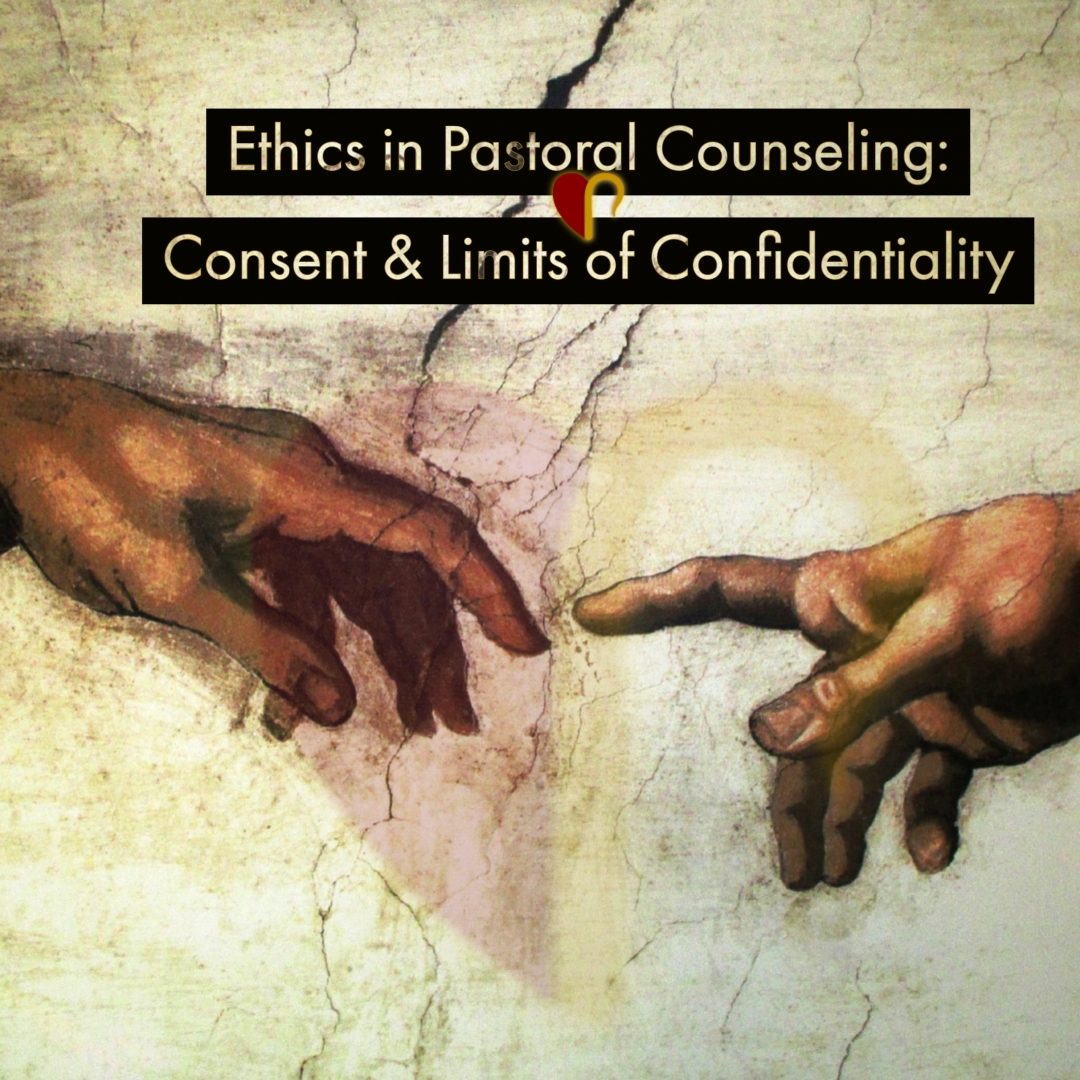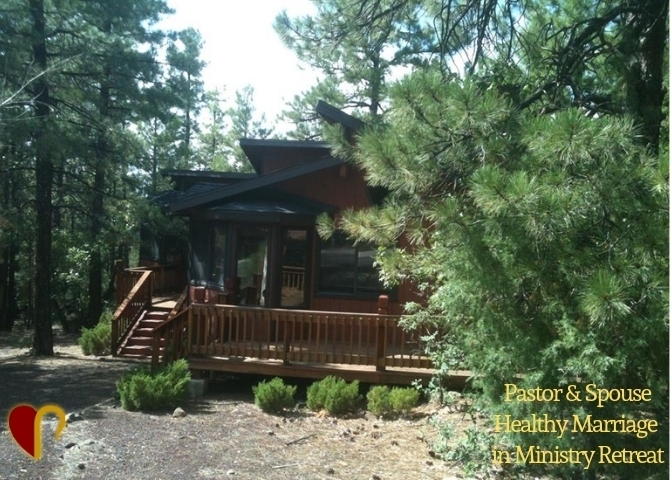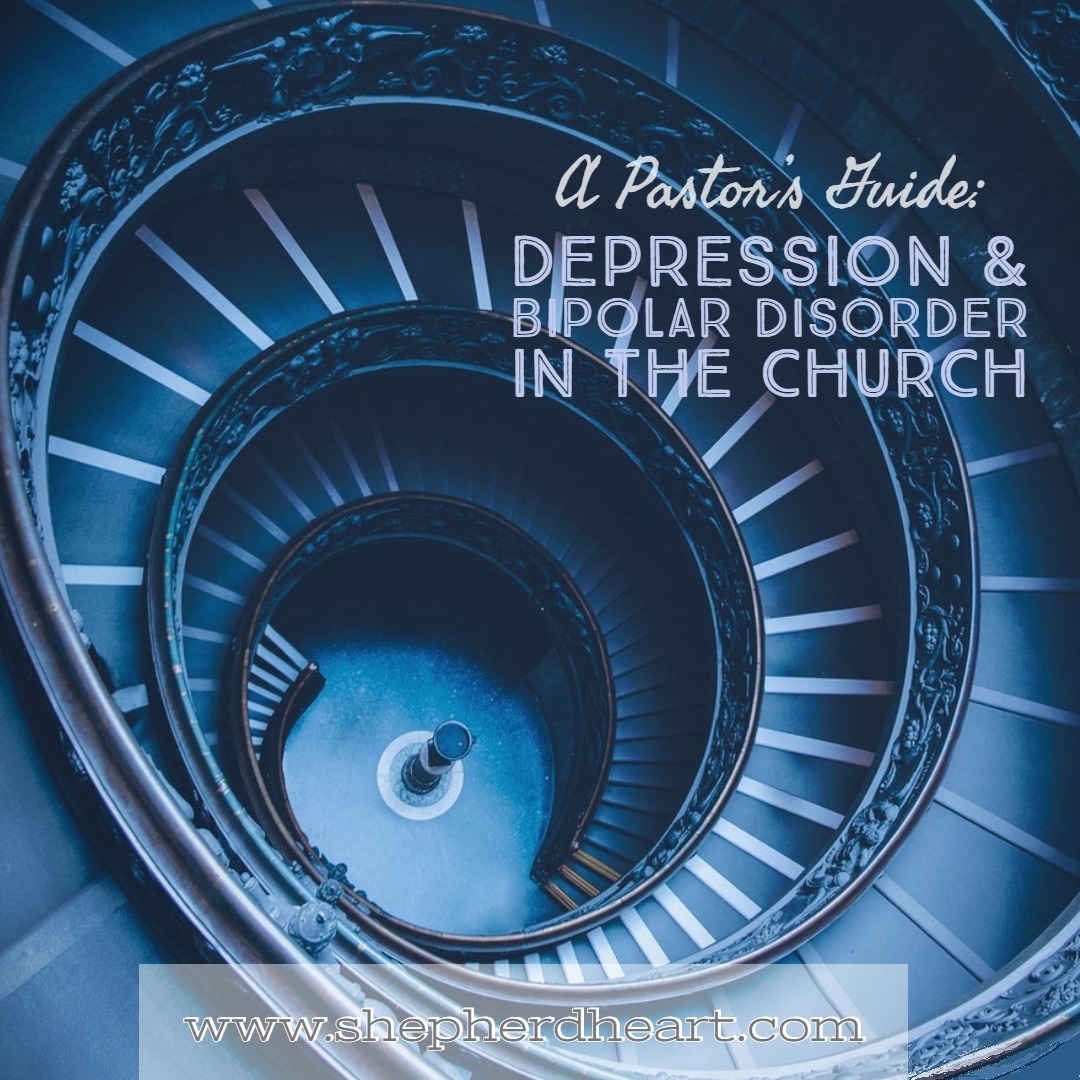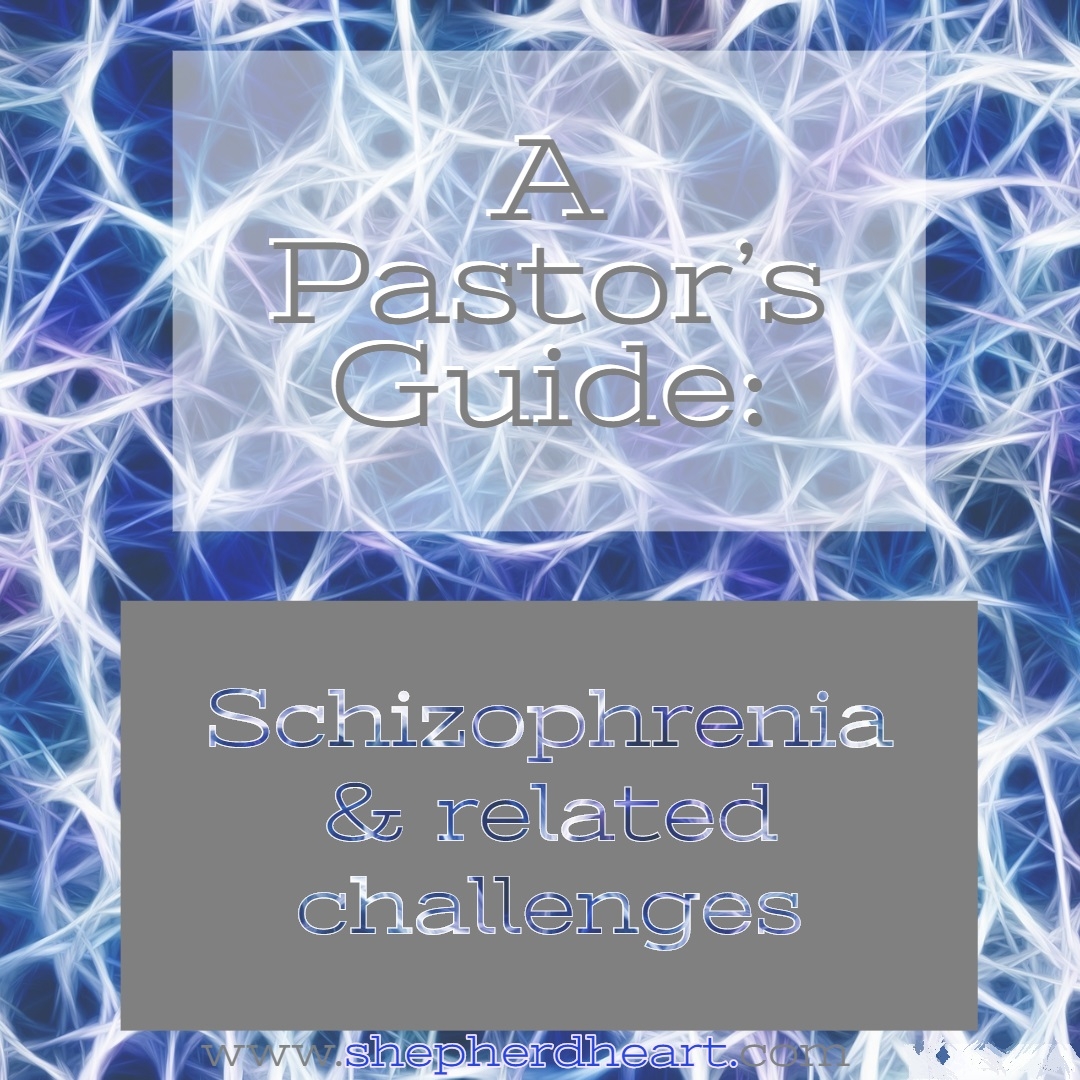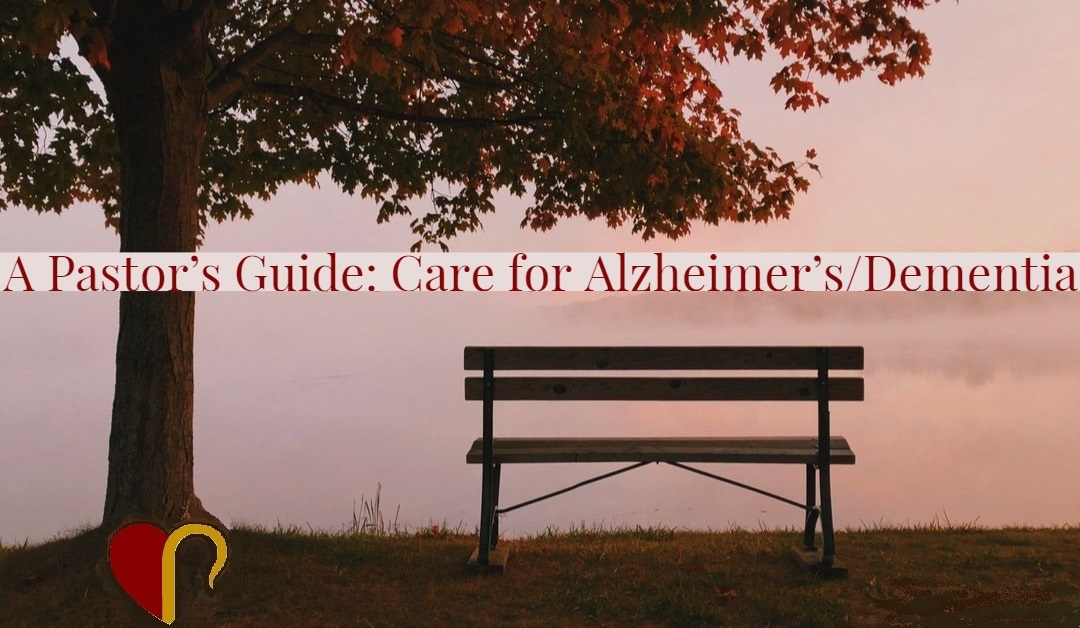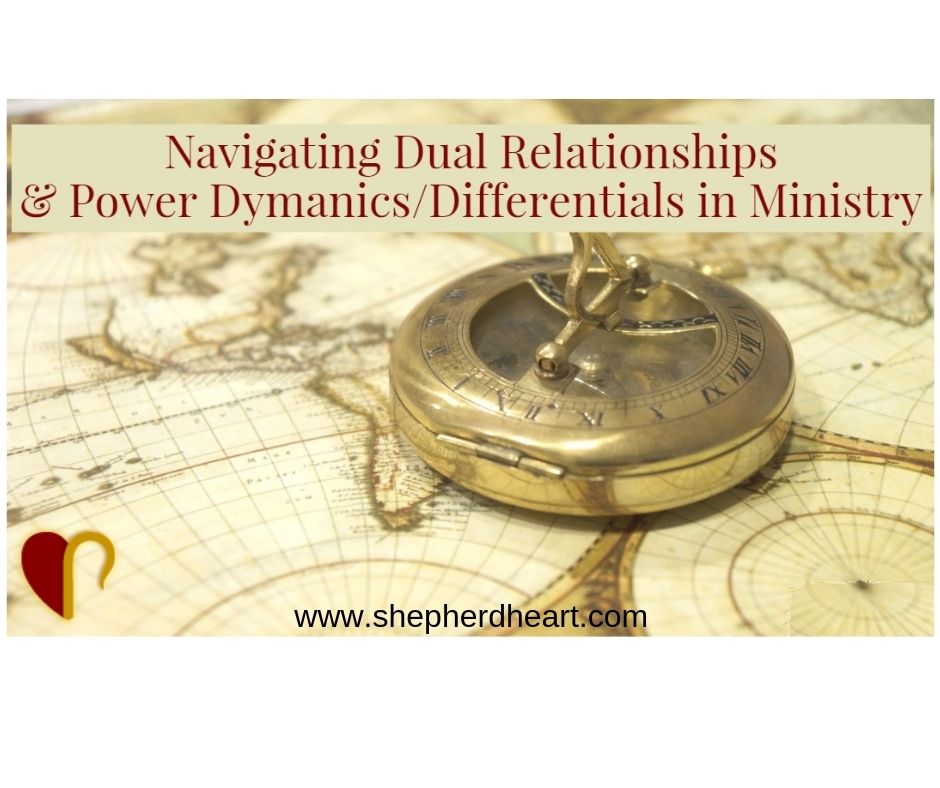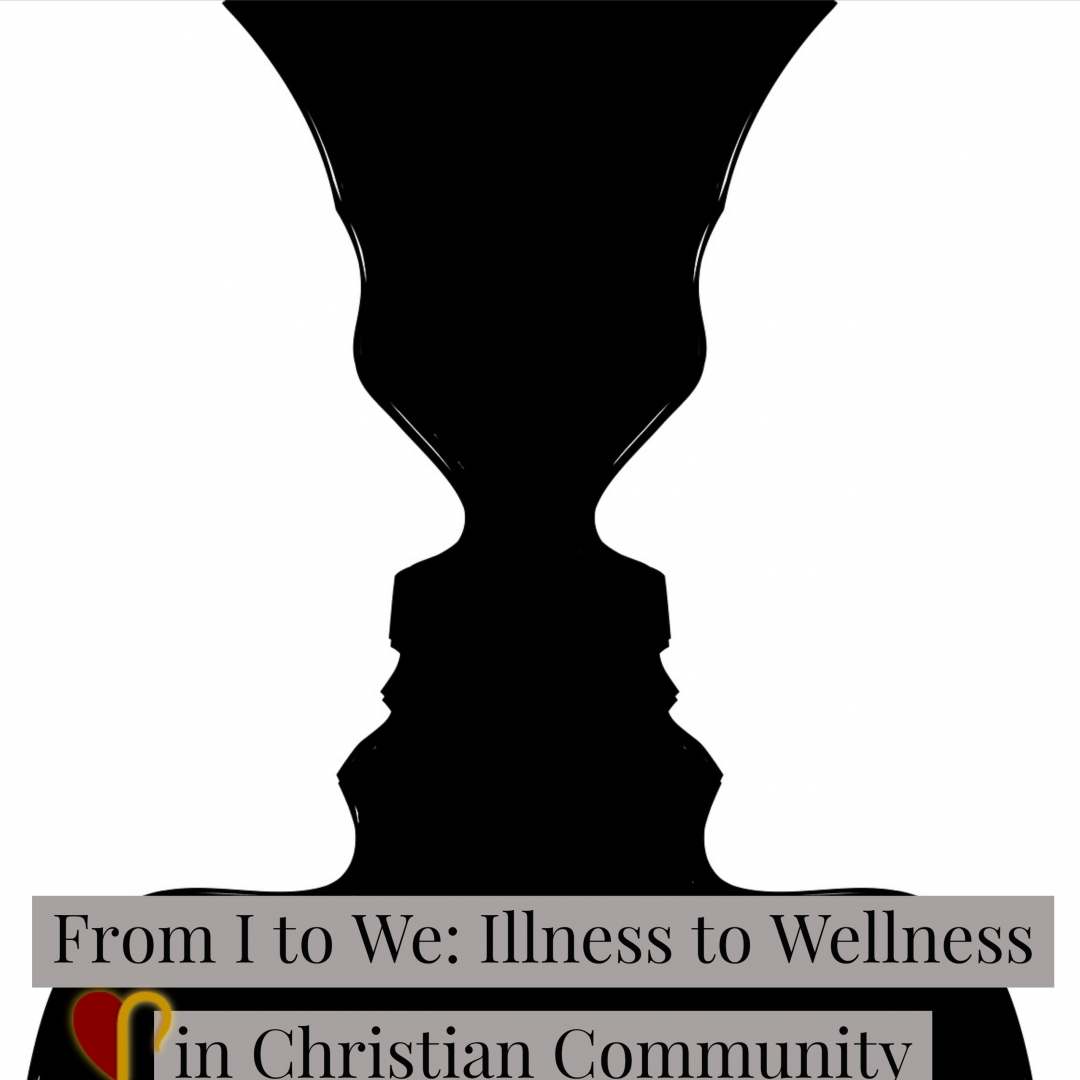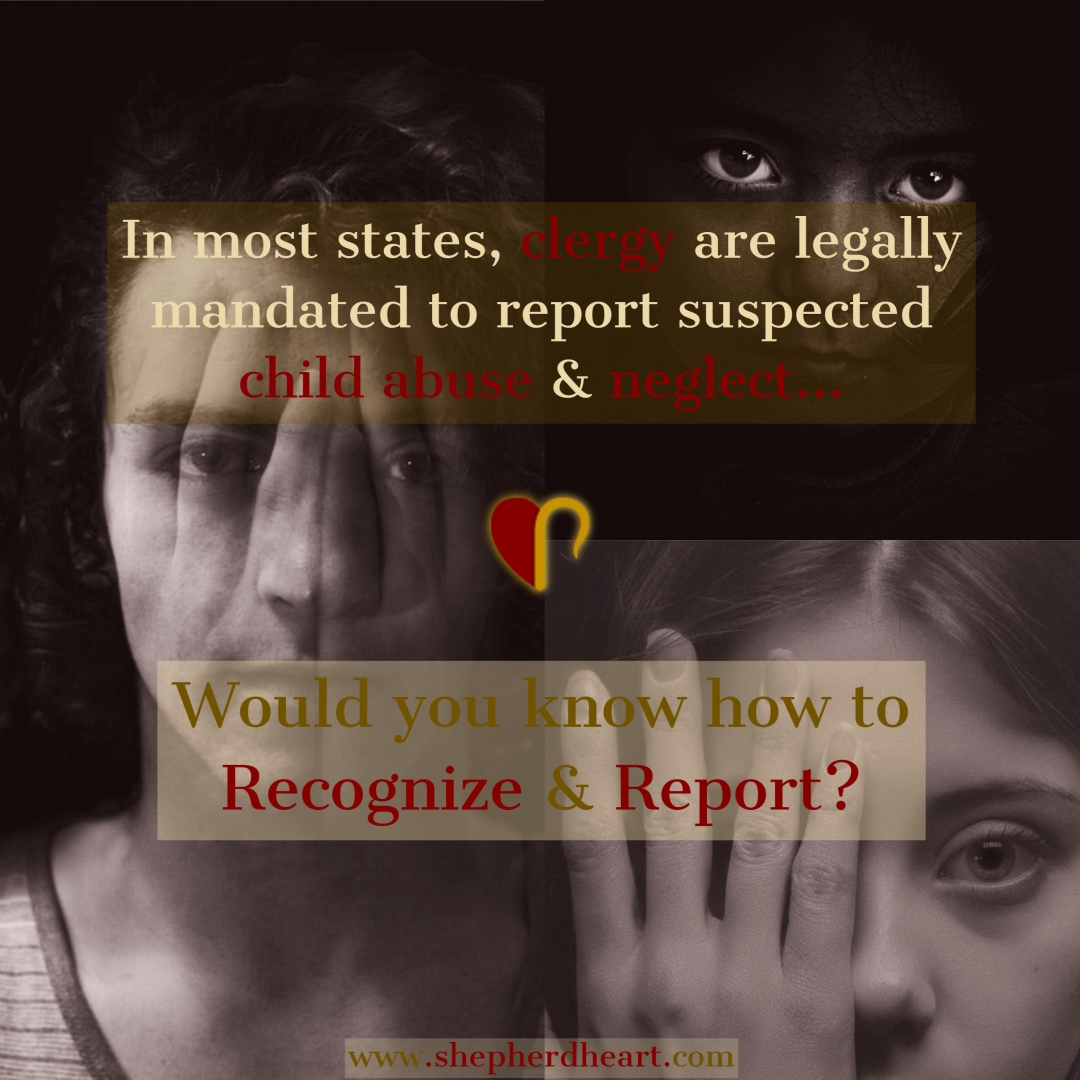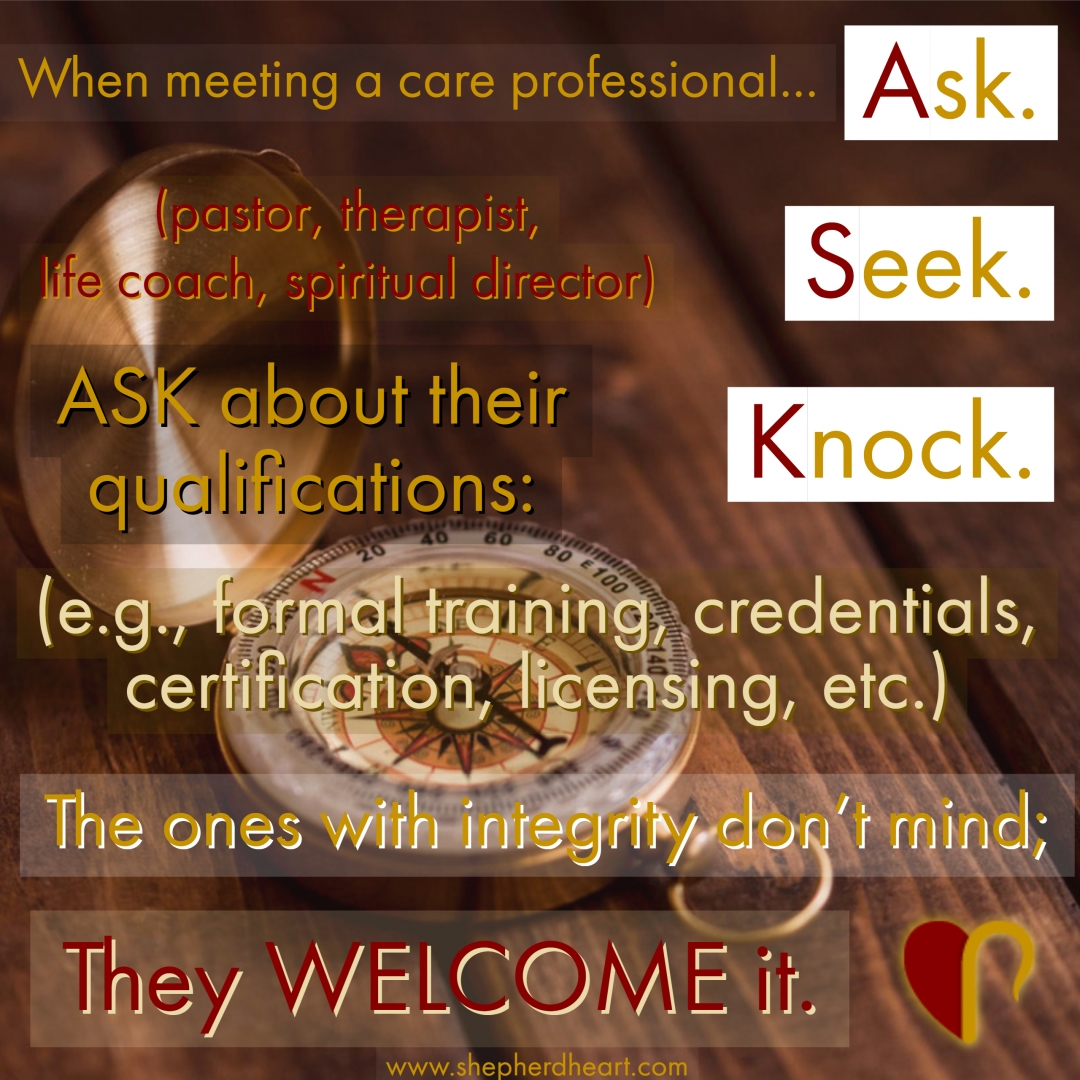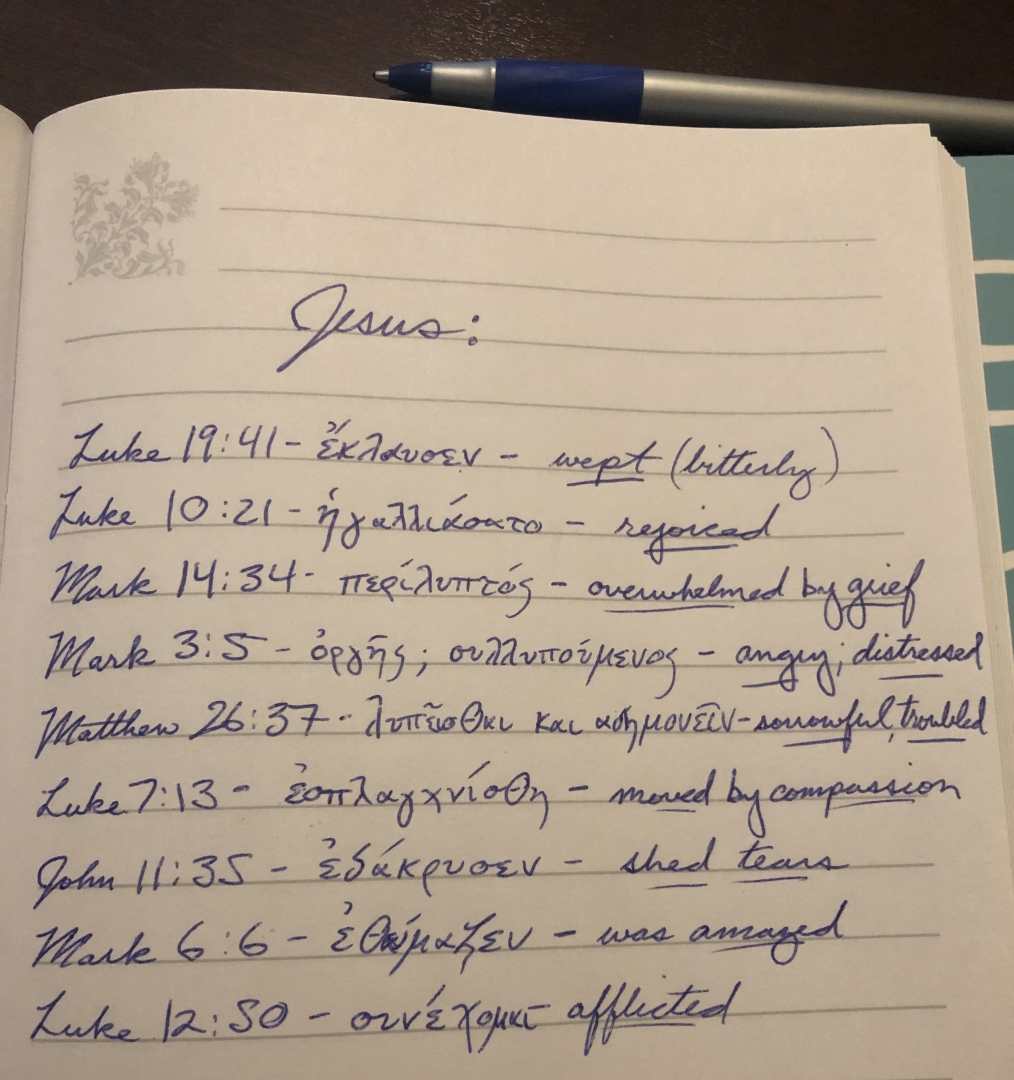Boundaries When Emotions Run High
by Anna Groff
One significant element of emotional health is understanding the importance of boundaries, especially in church settings and faith communities. As Dove’s Nest speakers Leah Schulte says, “Emotional and spiritual energies run high in these spaces—so we thirst for physical touch to affirm those feelings.” In other words, church life is full of emotions and human interaction, which at times includes physical touch. Of course, this can be good! But if we don’t pay attention to dynamics at play, boundaries can get blurry. Part of preventing abuse is creating healthy boundaries.
It’s wonderful when adults of all ages can model good boundaries for other adults and children. Our actions speak so loudly. Many of us already know the importance of asking first and receiving consent when showing physical affection, like a hug, to a child. Making sure that this kind of interaction is in a public space is also crucial.
In classroom settings, teachers should use positive language and reinforce boundaries between children and youth. Remember, we don’t know about children’s home lives or the personal lives of people in our faith communities, including their history of touch and abuse.
Moving beyond this, though, is making sure that in our worship spaces, people are not put in the spot in uncomfortable ways. For example, before laying on of hands, the pastors at my church check in with the individual first—before the church service. I also encourage leaders to find ways to give people an “out” or an alternative activity, during activities like passing the peace, foot-washing, and anointing.
One’s emotional health and history also come in to play during conflict. For example, when a situation of abuse arises, church leader should prioritize care for the victim(s). However, the entire community is affected, but individuals will be at many different places. Victims and survivors may be triggered and hopefully there will be people in the community or outside professionals who can help support their emotional health. If someone has a personal connection to an offender or the offender in the situation, he or she may bring that experience and pain into the crisis at hand. For example, one might feel defensive of the offender or surprisingly angry at the offender. Professional interventions like mediation, therapy, group processing may be necessary and should not be overlooked.
Our experiences as children and throughout our life affect how we interact with others at church. Understanding this is part of emotional health. Be honest, yet gentle, with yourself. Our Circle of Grace curriculum instructs children that God loves all parts of us—our body, sense, mind, heart, soul and sexuality. What an important message for all of us!
Anna Groff is executive director of Dove’s Nest, helping faith communities keep its children & youth safe.
See the Pastor’s Rolodex for Dove’s Nest and other pastoral resources.
Shepherd Heart offers one-on-one ministry tele-consulting.
Take a look at upcoming events & ministries at Shepherd Heart. Share in the Shepherd Heart vision & mission.




